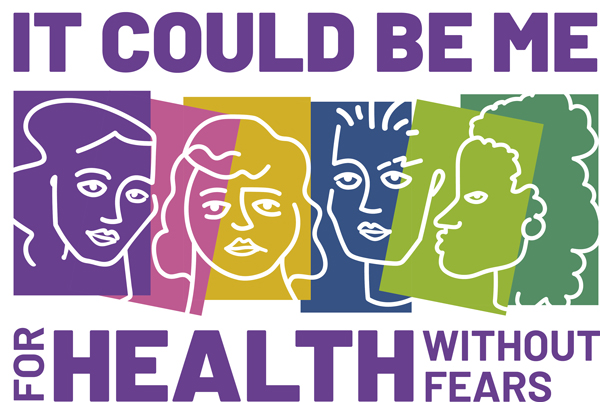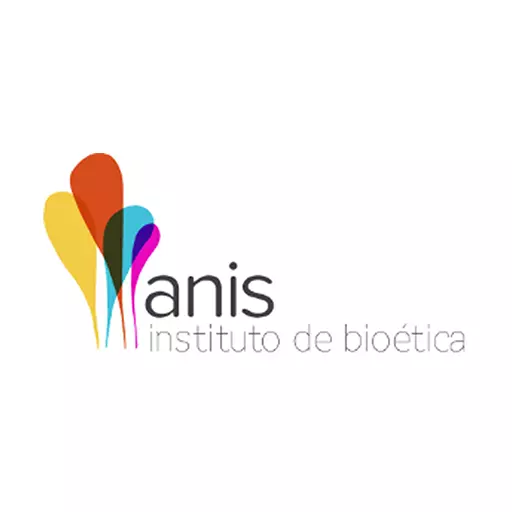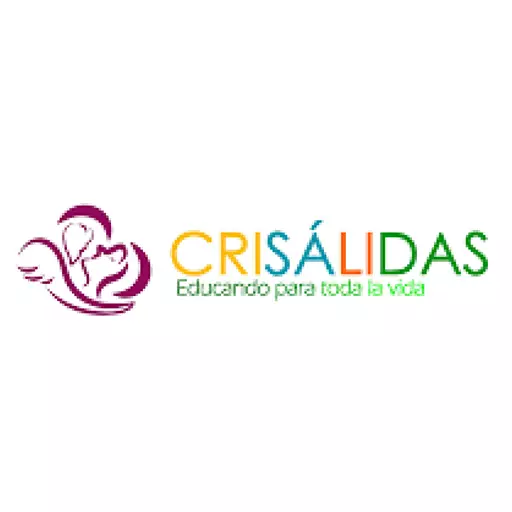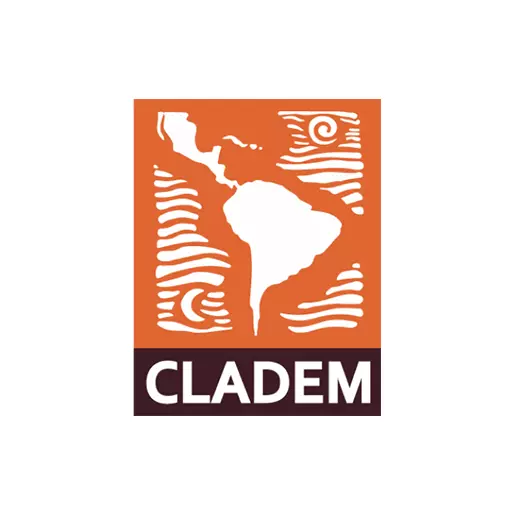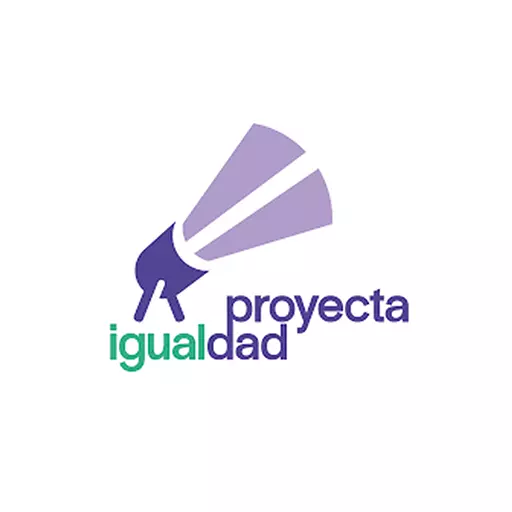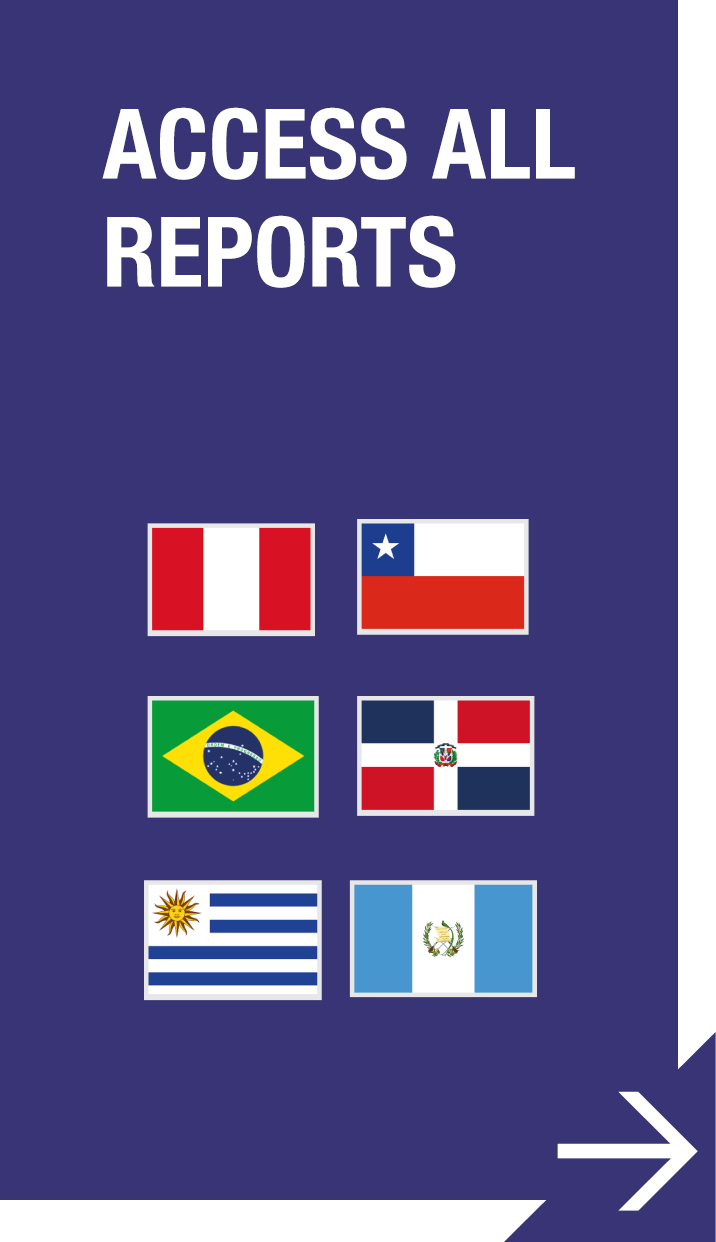About Us
At “Podría Ser Yo: Por Una Salud Sin Miedos” (It could be me: health without fear), we understand that sexual and reproductive health belongs in the health sphere. As a result, we set out to study the effects of criminalization and the use of criminal law to regulate abortion. We did so through a multi-country and multidimensional strategy, and in at least nine countries in Latin America and the Caribbean.
Countries and partners were selected based on criteria to ensure that we:
1) Guaranteed geographic diversity.
2) Included different abortion regulation models.
3) Strengthened evidence that promotes positive change strategies toward abortion regulated by the health system.
The results of the first phase are clear: we need a paradigm change. In other words, we must take the necessary steps to eliminate or significantly reduce the use of criminal law to regulate abortion, not only because it is inefficient but also because it obstructs, generates criminalization, and leads to greater violations of rights.
Who is part of this initiative?
Co-led by Ximena Casas Isaza and Ríos

Ximena Casas Isaza
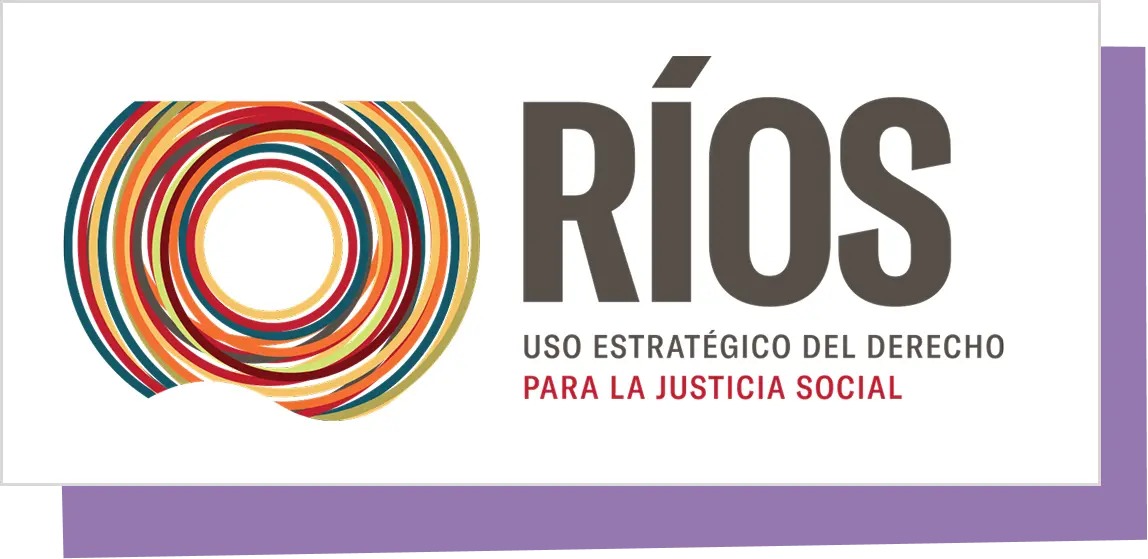
Partners for the first component include:
Brazil
Anis the Instituto de Bioética, is a feminist, anti-racist, and anti-ableist non-governmental organization founded in 1999 in Brazil. It promotes social and reproductive justice through intersectional actions to guarantee inclusion, gender equality, autonomy, and human rights, especially for women, girls, and people living in vulnerable situations. They do so by advocating for universal, quality, and evidence-based sexual and reproductive health services.
Chile
Corporación Miles is a non-governmental, non-profit Chilean organization founded in 2010 and formalized in 2015. It has over a decade of experience defending sexual and reproductive rights in Chile and Latin America. Grounded in a biomedical, psychosocial, and legal approach, it promotes sexual autonomy and reproductive justice as human rights, focusing on the needs of women and girls (cis and trans). It provides free support, exerts influence on public policies, and oversees the State to guarantee a decent life free from violence.
Guatemala
Crisálida is a non-profit civil society organization of young and adult women, with a feminist, popular education, and human rights approach. It was created in 2010 and legally established in 2013 in Guatemala. It works on access to comprehensive health, especially sexual and reproductive health; education and the generation of knowledge to advance equality; and the exercise of rights. It focuses its actions on preventing and healing violence, pregnancies, forced unions, and reporting discrimination and inequality experienced by girls, adolescents, women, and people with diverse sexual orientations, identities, economic, ethnic, cultural, and migration conditions, and with disabilities.
Dominican Republic
The Comité de América Latina y el Caribe para la Defensa de los Derechos de las Mujeres (CLADEM) is a regional network of women and organizations with a socio-legal feminist approach. It promotes social transformation and inclusive democracies from an intersectional approach. Since 2025, CLADEM República Dominicana has worked in the country for gender equality, to eradicate violence against women, their participation in decision-making, and the decriminalization of abortion, guaranteeing the full exercise of human rights for all women.
Perú
Proyecta Igualdad is a multidisciplinary feminist organization founded in 2002 in Peru. It works on overcoming gender-based inequalities to generate social change, enabling every person to completely fulfill their life plan. It incorporates the approaches of intersectionality, human development, life cycles, queer, gender equality, and autonomies.
Uruguay
Mujer y Salud en Uruguay (MYSU) was created in 1996 and formalized in 2004. It is a non-governmental, feminist organization that seeks to promote and defend sexual and reproductive rights grounded in a gender and generational approach. It has permanent staff members and a network of national and regional professionals and research associates.
